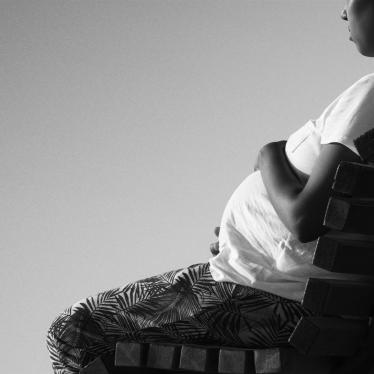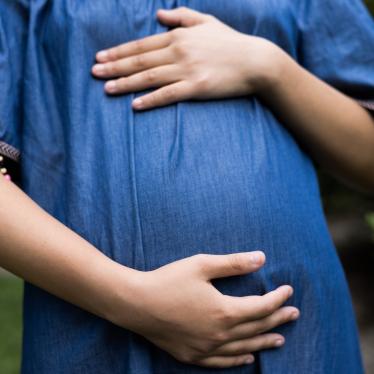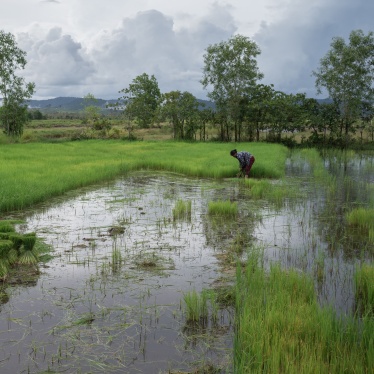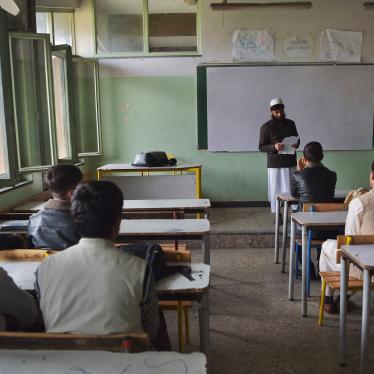Fainting, dehydration, nausea—a new report documents in excruciating detail the increasing challenges faced by pregnant and postpartum women enduring extreme heat in Pakistan.
The White Ribbon Alliance, a nongovernmental organization that advocates for maternal health, conducted interviews in Sindh Province that adds to a growing body of research showing the unique vulnerability of this population to rising global temperatures.
While the deadly dangers of heatwaves driven by the climate crisis, such as the one that hit Sindh in 2022, get increased attention, the specific harms to pregnant women—including links to higher incidence of still birth, preterm birth and, maternal hypertension—have often been overlooked. More generally, extreme heat fuels feminized poverty and has an impact on other aspects of sexual and reproductive health such as pregnancy impacts on mental health.
Women described fainting, being hospitalized with dehydration, or being otherwise sickened by heat while pregnant. One woman worried the blazing heat prompted her fetus to move less but, like others, she had no choice but to continue working, which generates even more heat for the overtaxed body. These women described struggles with eating and sleeping, contributing to poor moods, and difficulties breastfeeding due to the heat. Some women described exhausted despair while hand-fanning hot and uncomfortable babies hour after hour without electricity to run a fan.
To mitigate the impacts of extreme heat, women talked about their need for cash support ahead of heatwaves, subsidized solar panels, and household batteries for fans to be able to work at night. Better resourcing Pakistan’s Lady Health Worker program, which provides information and home visiting support for pregnant women, is another way forward.
Addressing the sweeping harms of the climate crisis will take considerable resources. For now, United Nations funding for vulnerable countries is low and talks about resourcing ahead of the upcoming COP28 climate summit are reportedly stalled. Pakistan’s new climate adaptation plan calls for the most affected communities to be the focus of support efforts, but the plan should be updated to include specific actions that can increase opportunities for pregnant women to decide how to prepare for an increasingly unstable future.
The report calls for slashing greenhouse gas emissions and fossil fuel operations. There are limits as to how much we can adapt to rising temperatures and protect pregnancy health. Everyone fighting for sexual and reproductive rights has a stake in the battle for the right to a healthy environment and should add their voices advocating for the support of pregnant and postpartum women in this fight.








